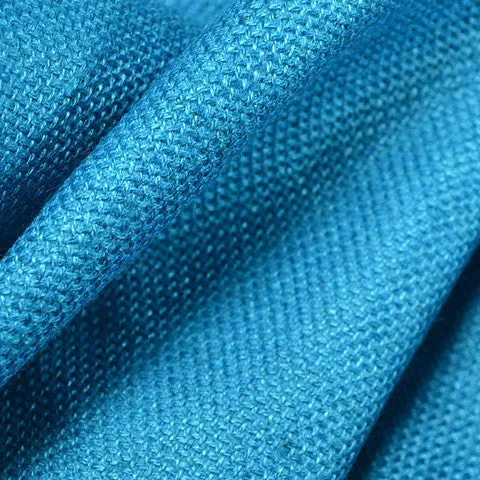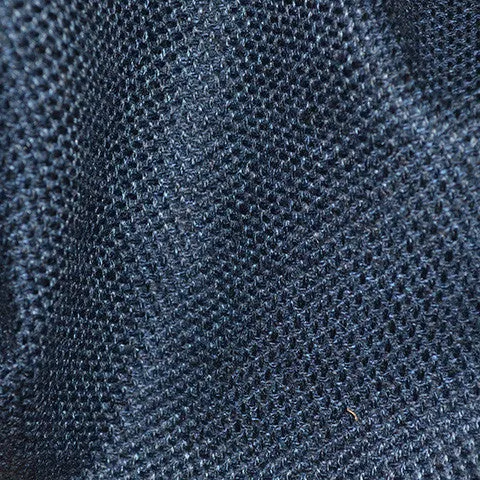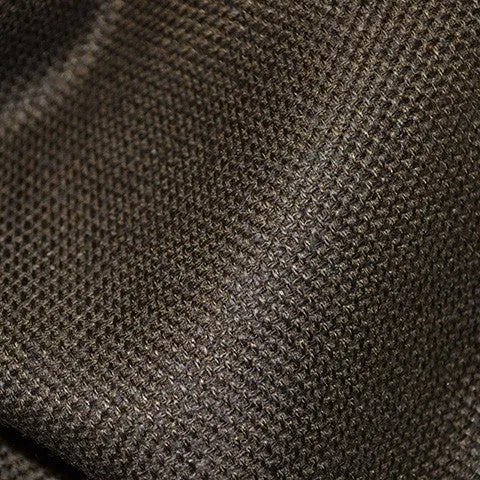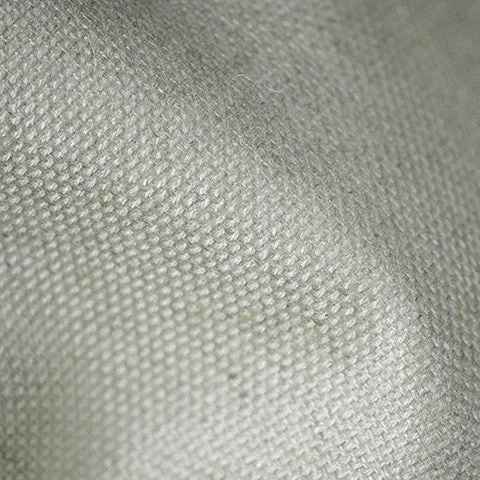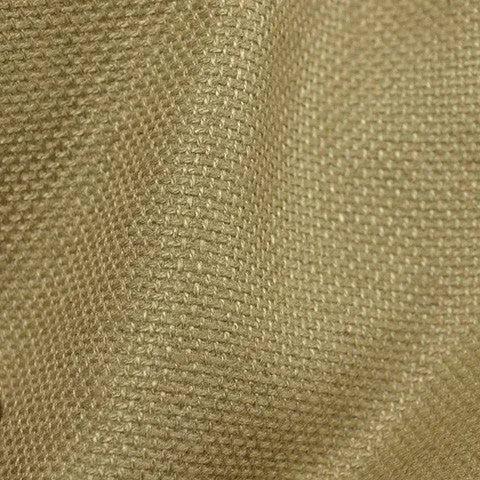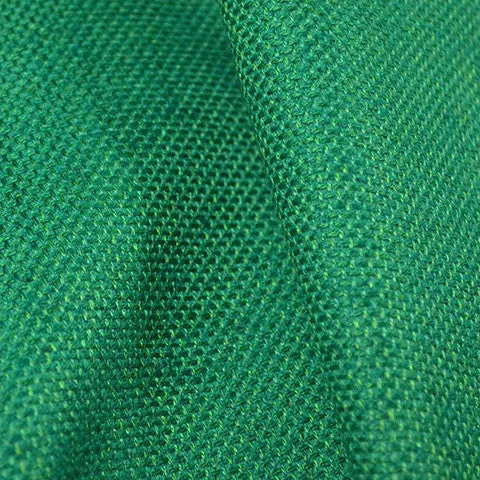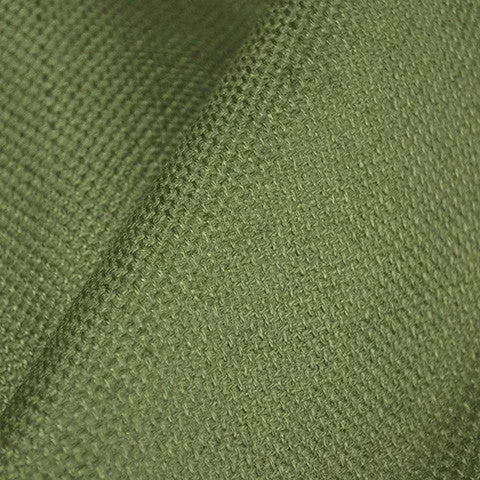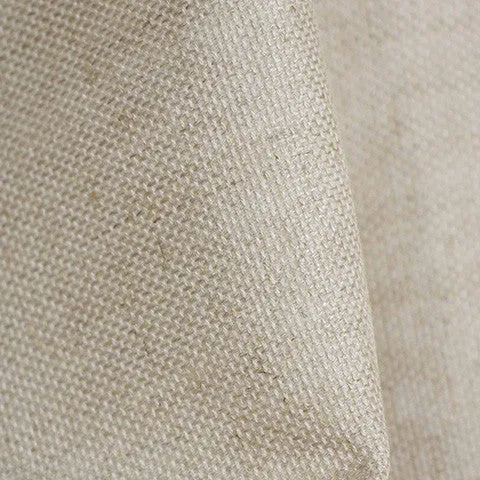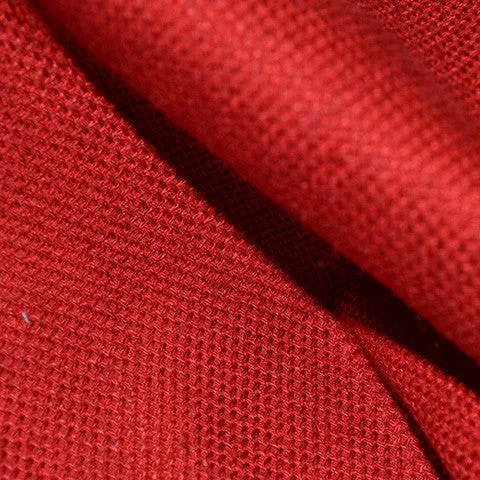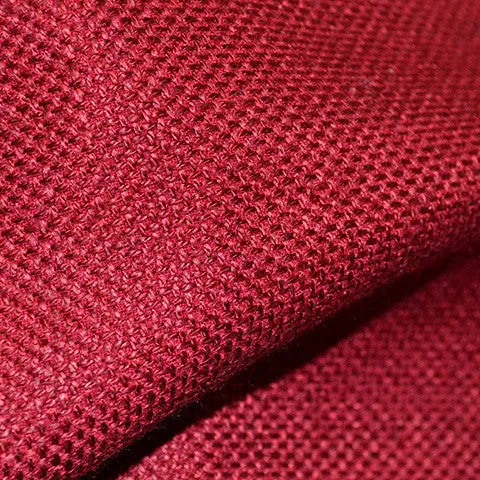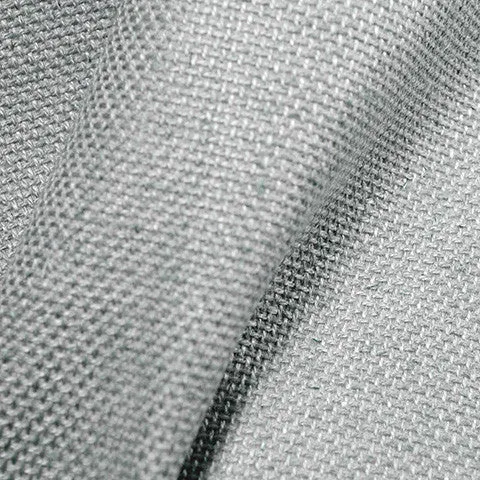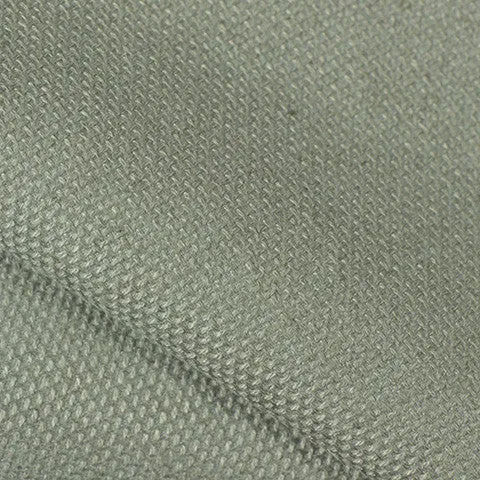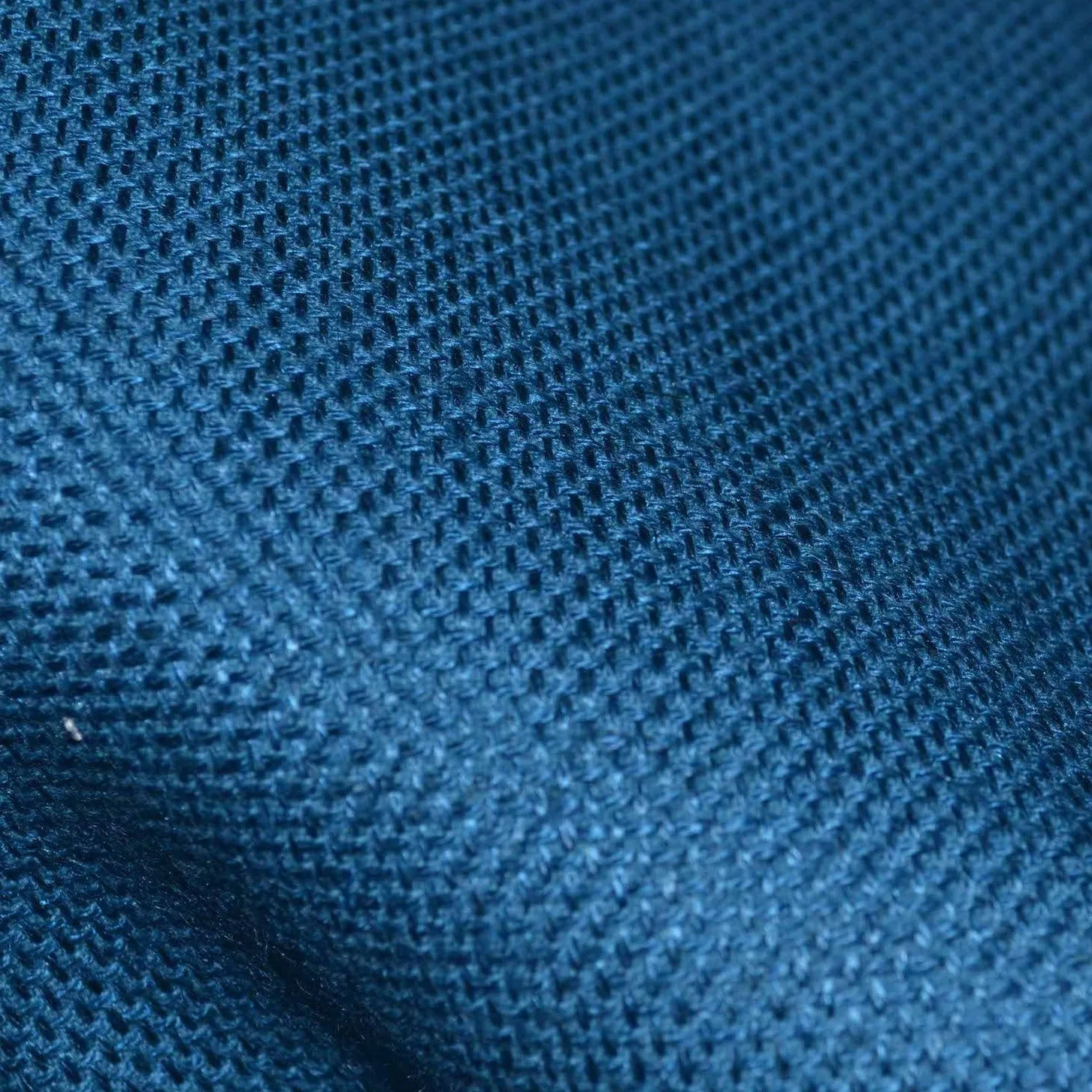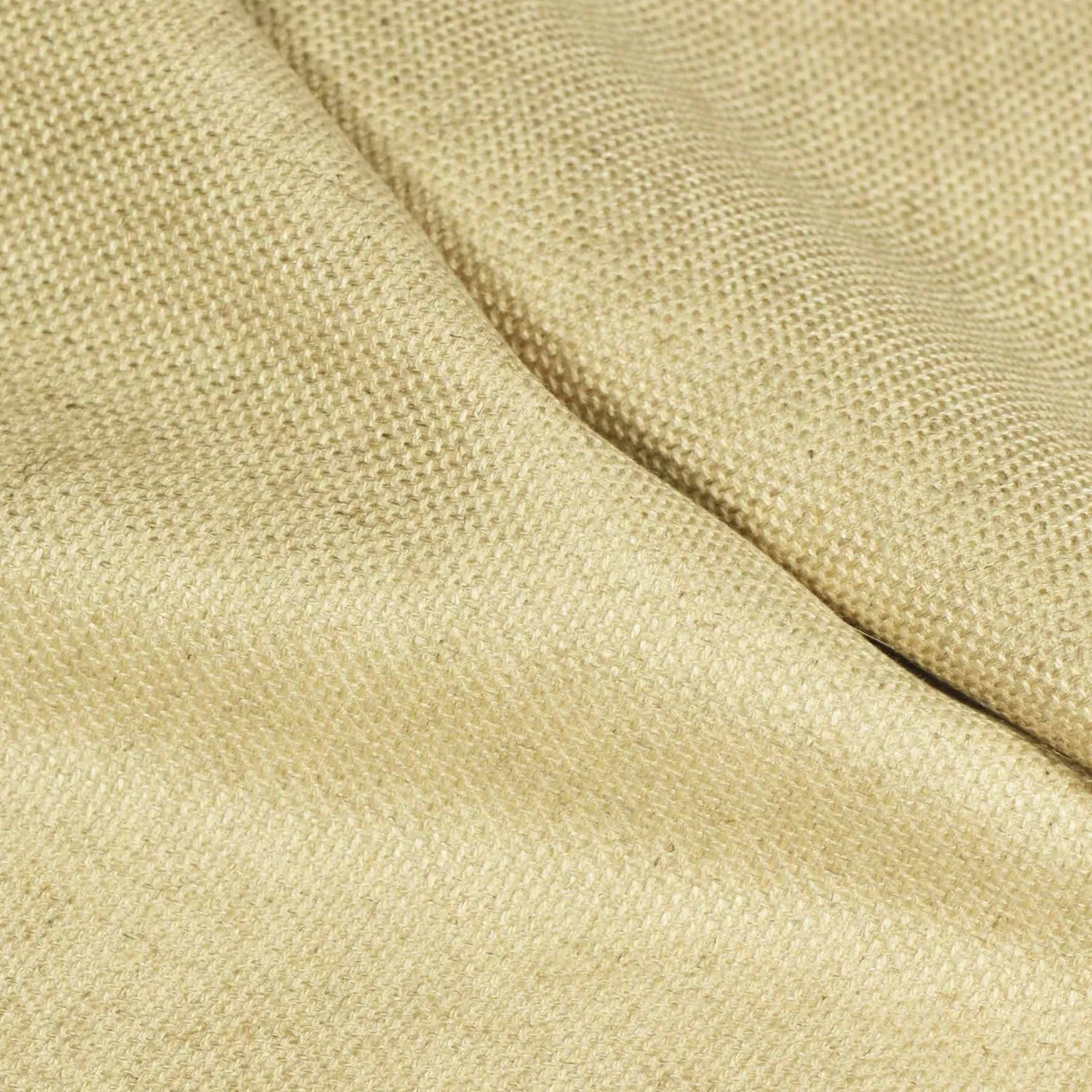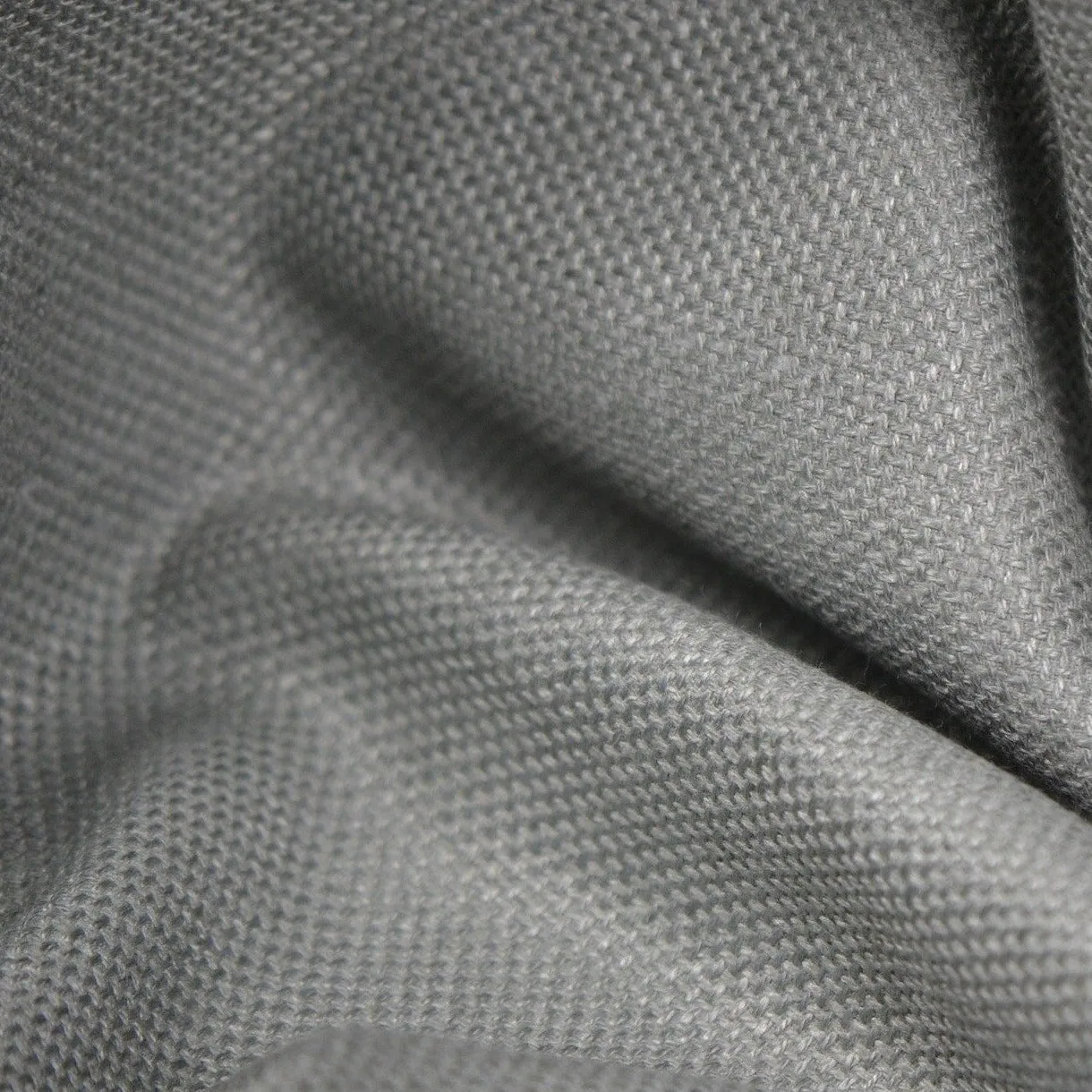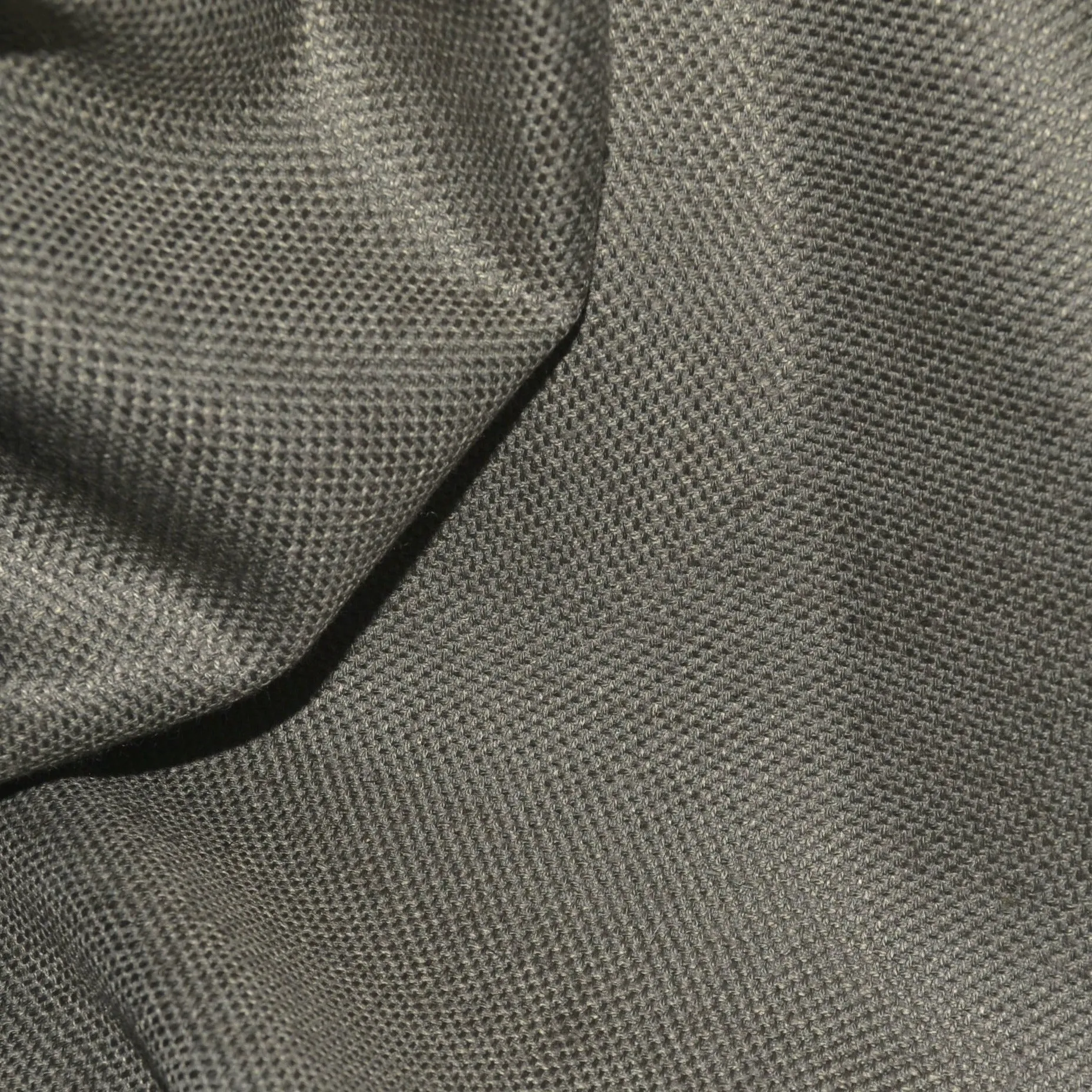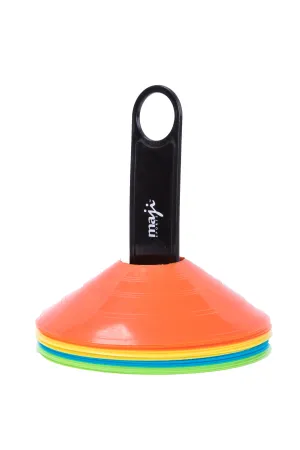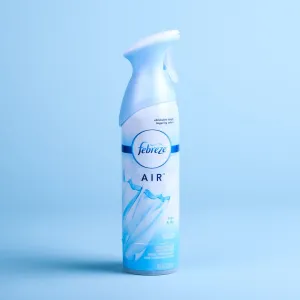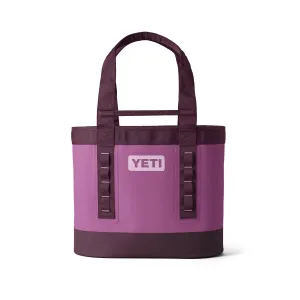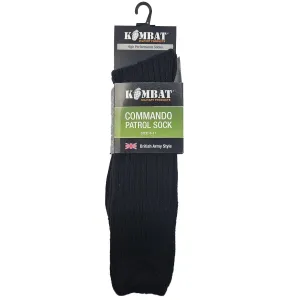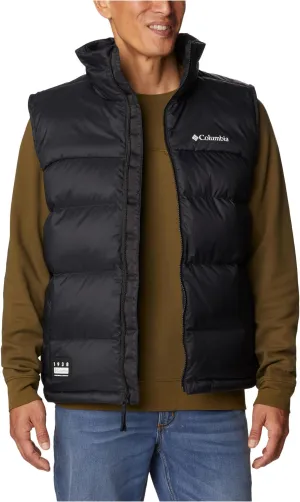The Oeko-Tex Standard 100 tests only the end product. Processing is not addressed, for example, wastewater treatment is not included, nor are workers rights addressed. It is NOT an organic certification and products bearing this mark are not necessarily made from organically grown fibers. Oeko-Tex is only concerned with the safety of the final product.
The certification process includes thorough testing for a lengthy list of chemicals, including all of the chemicals of concern, among which are lead, antimony, arsenic, phthalates, pesticides, and chlorinated phenols. The official table of limits for tested chemicals may be found on the .
Specifically banned are:
- Formaldehyde
- Heavy metals
- Pesticides
- Chlorinated phenols
- Phthalates
- Flame retardants
- Solvent residues
Textile products bearing the Oeko-Tex 100 certification mark, in addition to being safe to use, have a skin friendly pH. Skin's natural pH is a tad acidic, and when it's eroded your defenses are down, leaving you vulnerable to bacteria, moisture loss, and irritation. Oeko-Tex certified fabrics will not create these stresses. And the fabrics will feel lovely against your skin.
1People are often not familiar with the fiber, viscose. Discover why we think viscose is the most important fiber for the future of the planet: .
2A discussion of what the mean.




